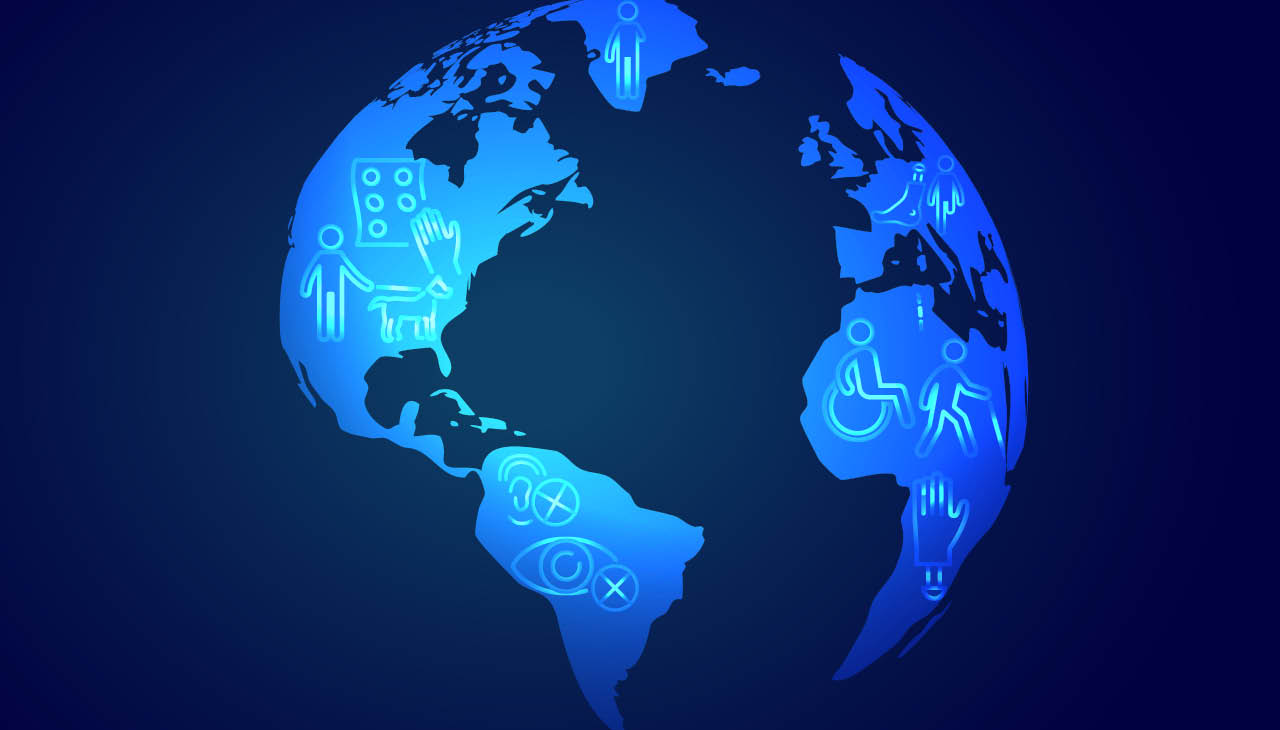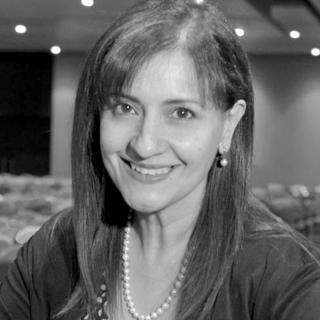
Inclusion of people with disabilities in the labor market, a global challenge | OP-ED
MORE IN THIS SECTION
We continue to judge others according to how we see them, by what we have culturally learned is right or normal. We have not advanced in the acceptance of the other, in assimilating diversity as something positive that enriches society, as an opportunity for constant and sustainable development.
It seems that we are blind to the reality that, at different stages of life, we will all have or have had a disability and that the wrong opinion we have of disability can disable the other.
In this reality, job opportunities are scarce, and the gap between one and the other is wide. According to Colombian official figures, during the April-June 2022 quarter, the overall participation rate of the population with disabilities was 24.4%, compared to 66% of the population without disabilities. In addition, different studies show that the salaries of people with disabilities are usually lower by up to 40%.
The efforts of some countries to include people with disabilities in a dignified manner, with rights and duties, are relevant and are a means of understanding between society and the business sector. However, the inclusion gaps are still important, especially in Latin America, where the incorporation of people with disabilities has been slow.
Laws and tax benefits for the inclusion of people with disabilities are necessary, but not sufficient, if they are not linked to a strategy of awareness-raising, training, profile analysis and reliable information, so that the measures taken do not lead to greater rejection.
According to the World Health Organization (WHO), 15% of the world's population has a disability and, in a very high percentage, they do not have a satisfactory level of education to help them enter the labor market and become self-sufficient. Therefore, initiating their inclusion in education would be an indispensable step forward to close the labor gap.
As we have stated in other articles, the inclusion of people with disabilities implies focusing on the skills of each individual, to guide them towards the productive sector, with ongoing training to ensure their continuity and growth, as we all need regardless of condition and context.
Different researches assure that companies that comply with the projected growth will be those with inclusive leaders. In addition, the diversity of people in companies will be a business opportunity, understanding the needs and products required by society. Therefore, even for productivity reasons, shouldn’t it be a deep reflection within each organization to include people with disabilities?
In countries like Colombia, efforts have focused on encouraging the generation of employment for this group of people, with tax benefits and prioritization for awarding contracts with the State. But these are isolated efforts with no strong impact on social practices for a true and satisfactory inclusion.
Professor Stephen W. Hawking, who had privileges in education that ensured him a dignified life, said well that Governments can no longer ignore the millions of people with disabilities and should ensure their access, in dignified and equal conditions, to health, rehabilitation, education and employment, giving everyone the opportunity to succeed. It is not enough to impose the integration of people with disabilities without ensuring them a favorable environment under equal conditions.
Since the 2011 World Report on Disability, an urgent call was made for the inclusion of people with disabilities in basic issues, such as their dignity in the quality of their daily lives. In 2019, the publication of the ONCE Foundation and the ILO Global Business and Disability Network, the result of the project co-financed by the European Social Fund, stated that the dizzying changes that have led to a digital economy and that have drastically impacted work environments, generate a new challenge: to include everyone in the digital process, also contemplating more than one billion people with disabilities in the world, explicitly contemplated in the 2030 agenda for Sustainable Development, which commits all United Nations member states.
From the reality of each context, the labor inclusion of people with disabilities, undoubtedly, starts from the reflection of each individual to accept people’s differences and understand that disability is not equal to inability. We could start by making a simple effort in our language and not calling a person with a certain condition as disabled. We could understand that disability is a condition of all human beings and that their inclusion is the sum of all wills to make a more civilized society.
(*) Doctor in Pedagogy. Dean of the Colombian School of Rehabilitation. Email: goe.rojas@ecr.edu.co







LEAVE A COMMENT:
Join the discussion! Leave a comment.